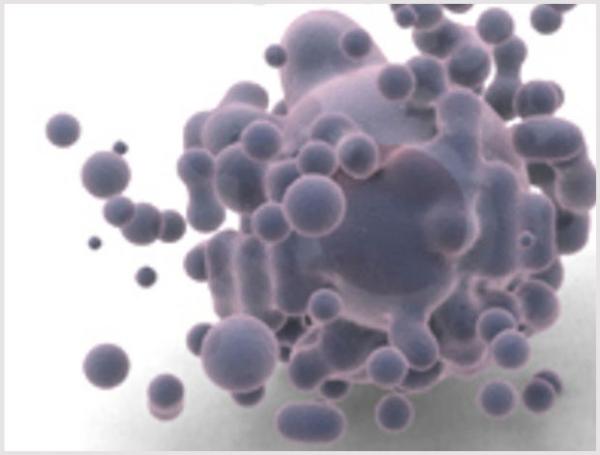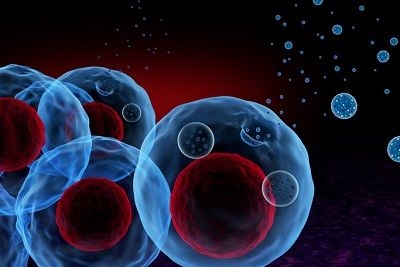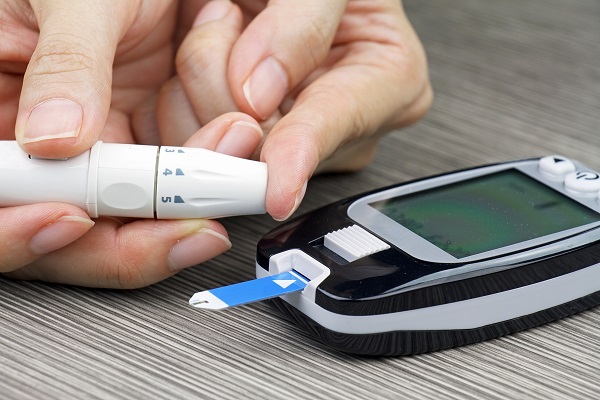Applying Rare Disease Discoveries to Diabetes
Patients With Rare Metabolic Conditions Yield Insights Into Common Ailments
Young doctors are taught the adage, “When you hear hoofbeats, think horses, not zebras.” Just as you would not expect to find a zebra in your barn, when making a diagnosis, you generally don’t expect to find an unusual disease. However, just as there are still zebras in the world, there are also rare diseases. On Rare Disease Day, celebrated on the last day of February each year, we call attention to the 300 million people affected by them.
Defined as conditions that affect fewer than 1 in 2,000 people, rare diseases pose both challenges and opportunities to medical research. Because they are so uncommon, diagnosis can take years, and treatments may be difficult to obtain or may not yet exist. However, for IRP Lasker Clinical Research Scholar Rebecca J. Brown, M.D., M.H.Sc., the study of several rare metabolic diseases may shed light on the causes of one of the most common diseases in the U.S.




